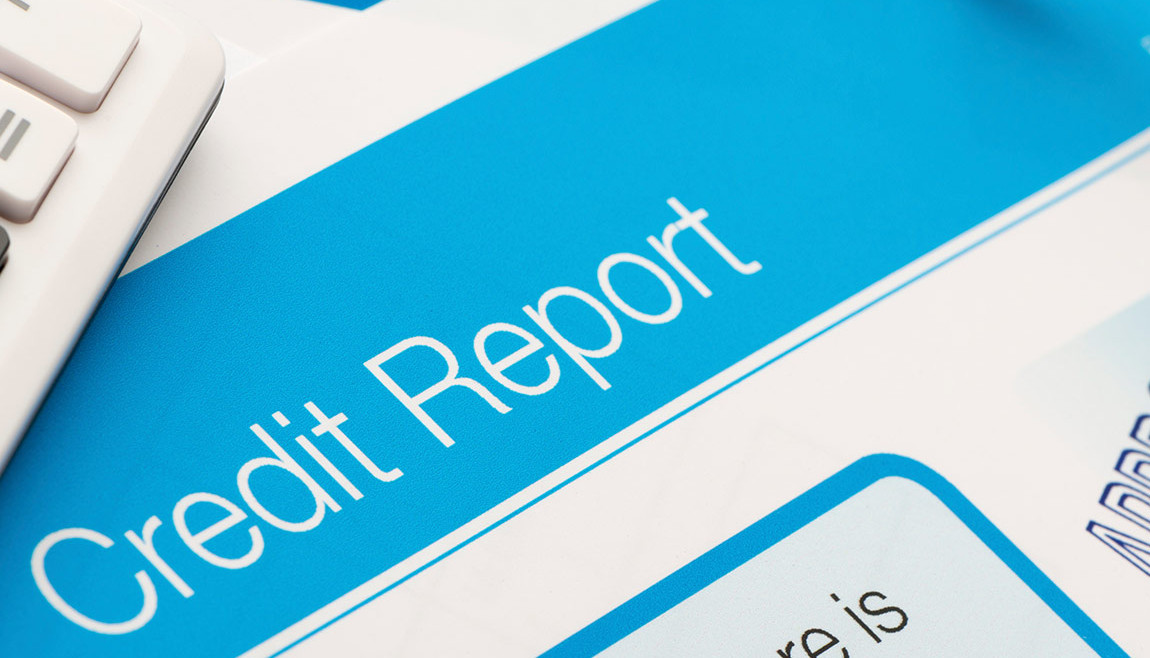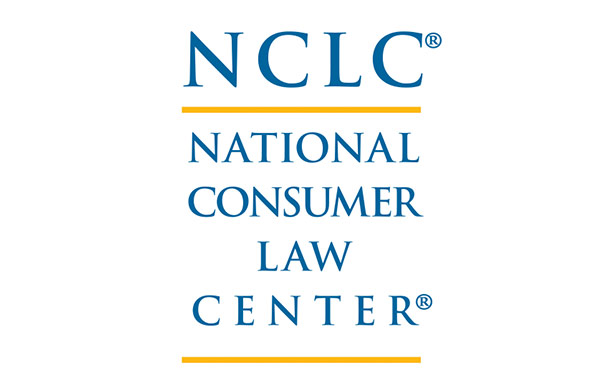Trans Union Credit Report Settlement – Update
https://bardolawpc.com/wp-content/uploads/2014/11/BardoLawPC-Services-FairCreditReporting.jpg@2x-1024x1024.jpg 1024 1024 StacyBardo StacyBardo https://bardolawpc.com/wp-content/uploads/2015/09/LinkedIn-StacyBardo-BardoLawPC-150x150.jpgTrans Union’s credit report settlement impacts consumers who may have had a tax lien or civil judgment reported on their credit reports. The district court approved a class action settlement in the case of Clark v. Trans Union, LLC. Details about the settlement are available at http://www.tupublicrecordsettlementadr.com.
The Clark case alleged that Trans Union included inaccurate information about public records on its credit reports and did not disclose from whom it obtained the public record information. While Trans Union denied that it did anything wrong, it agreed to settle the case on a class action basis.
The following consumers may be eligible to participate in the credit report settlement:
- If the consumer requested a Trans Union credit report between May 20, 2009 and March 23, 2018;
- The requested credit report contained a public record (such as a bankruptcy, judgment, or tax lien);
- The public record information was inaccurate or did not belong to the consumer.
Now that the district court has approved the credit report settlement, Trans Union is establishing an Alternative Dispute Resolution Program. If consumers are able to show they were injured because of inaccurate public records information on their credit reports, the consumer may get a payment of at least $1,500.
For more information, please contact Bardo Law or the lawyers who settled the case:
TransUnion Settlement Class Counsel
763 J. Clyde Morris Blvd., Suite 1A
Newport News, VA 23601






